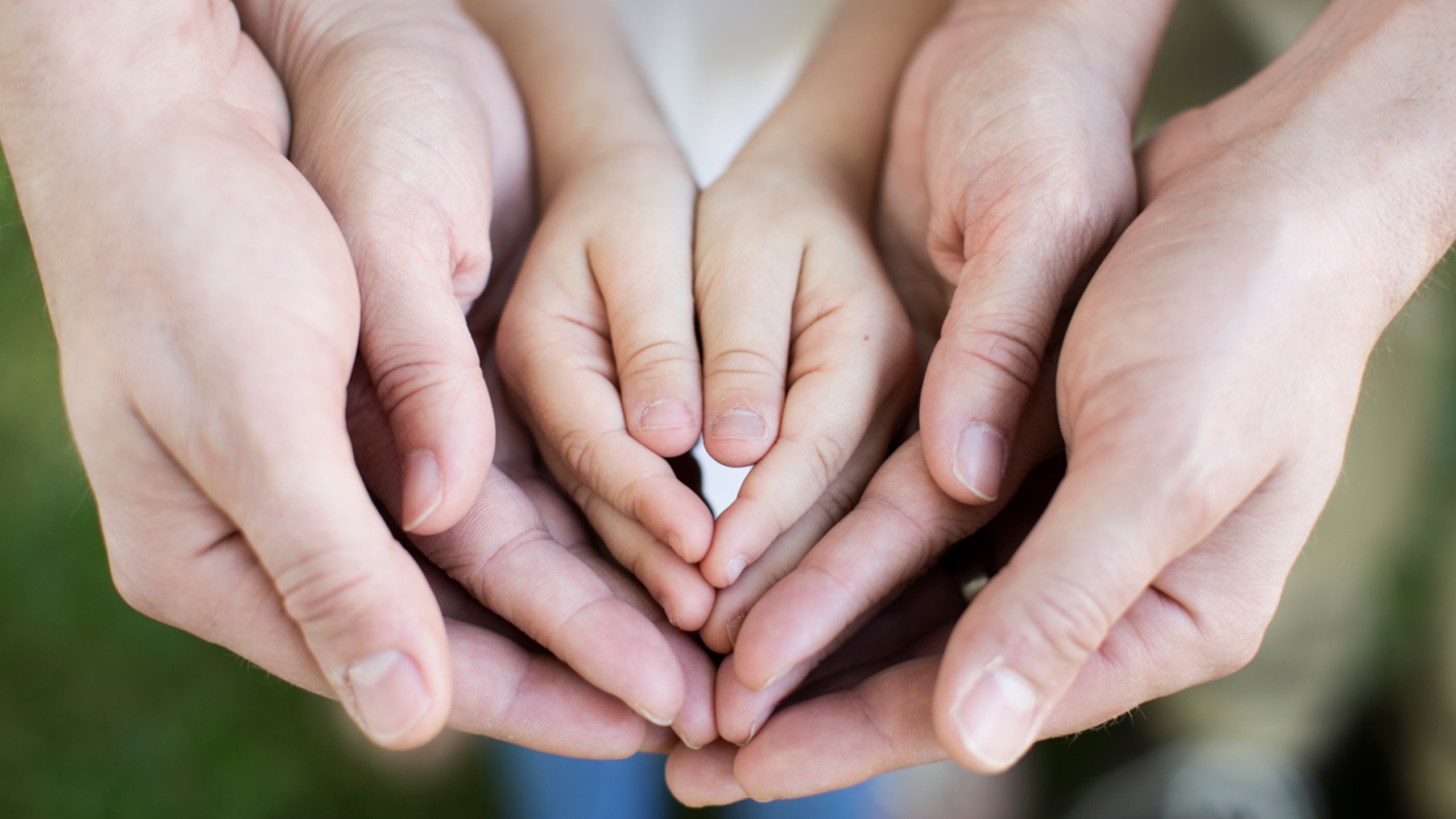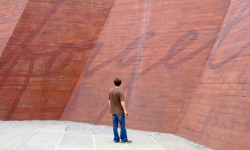
Law changes made on 1st July 2019 aim to raise the standard and improve the practice of foster care in New Zealand. We asked Tunumafono Tracey-Leigh Peters of Iosis— a non‑government organisation with strong Baptist links—to tell us about what it takes to care for children and young people in vulnerable situations. And we also hear from two Baptist couples whose families have taken that step.
Firstly, what is the connection between Iosis, foster care and Baptists?
Iosis is a charitable company wholly owned by the Baptist Union of New Zealand. Although Iosis was formed in 2006, it evolved out of pre-existing Baptist social services. One of these was the Manurewa Children’s Home, which was a national initiative by the Baptist Union.
The Oranga Tamariki Act 1989 moved to put children into foster homes rather than in orphanages. Consequently, the Manurewa Children’s Home was closed and the work was moved into family homes with caregivers. At the time of writing, 22 children are in our care. We have 23 carers currently and the longest serving of these has been with us just over seven years.
Foster carers receive allowances for children in their care, but is there a personal cost to being a carer?
Yes, there are sacrifices that are made, as with anything of this nature, but most people who commit to caring for foster children are aware of this. They become involved because they’re willing and committed to making a difference. For example, carers may have to take time off work using their own sick or annual leave to look after a foster child. And as with anything, the best-laid plans can go awry as we saw recently when a child in care was to visit their parents but the transport organised by Oranga Tamariki didn’t arrive. At the last minute the carer filled in and was happy to do so. Things like this do pop up from time to time and Iosis ensures that foster carers are aware of this as a part of their induction.
However, the biggest difference between caring for your own children and a child in foster care is in relation to security. For example, a carer can’t necessarily take the foster child to a wedding or other special occasion in case they have to manage an unexpected situation. Even something as seemingly simple as having friends over for a barbeque has an extra layer of complication because visitors to a carer’s home need to be police checked.
What makes a good carer?
Having a heart for children is a good start, but that’s not enough. We need carers to be resourceful: able to deal with situations that may arise on the spot. Children coming into care will often have complex needs and you never know what you are going to get from them on any given day. We have a carer who recently had a teenager in their care who was swearing at them. Those situations are not easy, so the ability to see past what’s coming out of their mouth and being resilient to persevere with them is vital. Having structure and consistency around rules and expectations, balanced with a nurturing spirit, is also important.
The media has focused recently on children being placed into state care at birth. Lots of people want to look after babies but we desperately need caregivers in New Zealand who have the characteristics I mentioned and who are willing to support school-age or older tamariki too.
Iosis has a programme helping mums who are struggling with parenting. Tell us about that.
As far as I know, Iosis is the only foster care agency in New Zealand that also has a residential parenting programme. Mums (and usually their young children) stay at our Merivale Whanau Development Centre for six to nine months, during which time the mothers are educated and supported to learn new behaviours and parenting skills.
Two of the biggest outcomes mothers who graduate from Merivale comment on are learning to pick up on their children’s cues for their attention, and understanding their own patterns of behaviour that led them to where they are now. For example, Merivale programmes that look at family violence or addiction enable them to learn alternative ways to deal with stress or negative feelings.
Sometimes when they leave Merivale these mothers are confronted with their past environments, relationships or decisions. However, with the skills, tools and knowledge they receive at Merivale, they have fresh insights towards those things and can apply what they have learned to keep themselves and their children safe.
Story: Tunumafono Tracey-Leigh Peters
Tracey-Leigh has worked at Iosis for more than 10 years and has been CEO for the past four years. She is one of the representatives for the Baptist Churches of New Zealand on the New Zealand Council of Christian Social Services.
Home for life
Kia ora, whānau.
In our family we have the absolute pleasure of caring for an awesome little three-year-old, who has come through Oranga Tamariki. He is about to become a permanent placement with our family. We are so blessed to have him in our lives; he is our son and we love him.
We chose to do this because we are aware of how children who are in care do not always have a safe home. We know a young lady who was abused in care. Recent news states that in 2018 more than 220 children in care in New Zealand were abused. Horrible statistics. Our family could provide a safe home.
We were also responding to the Scripture that asks whether we invited in the stranger, whether we fed and gave clothes. God leads our life, and we have only been blessed by his leading.
We care because we know God desperately cares for these children, and we can be his hands and feet. Our little man is such a joy. I think we are the ones who are really getting blessed!
Noho ora mai rā me aku mihi nui atu.
Story: Winston and Katrina
Short-term foster care
Four young children alone at home. Dad was in jail. Mum would lock the kids inside while she went out drinking. The five-year-old was trying to cook for his younger siblings when police found and uplifted them. We had the privilege of embracing the older two into our home. They remained in contact with their younger siblings in foster care nearby.
We saw incredible development over the three months. The eldest child hadn’t been to preschool much, and was initially drawn to baby toys. We watched his accelerated learning move from infant toys, to toddler puzzles and Duplo, toward Lego building suitable for his own age. Wow! In a healthy setting, children can begin to thrive.
Meanwhile our own children have been enriched through these experiences. The transformation of Jesus begins in everyday settings like our homes and families. We believe that in welcoming these little ones, we are welcoming Jesus.
There was a positive outcome for these four, who now live permanently with extended family. We’re grateful to have been partnering with an amazing Christian organisation, Open Home Foundation, over the past 15 years.
Story: Tim and Jenni


